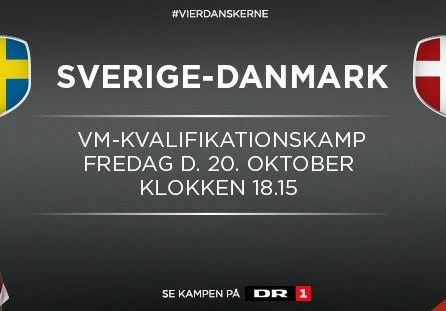The high-profile conflict between the Danish football association DBU and the women’s national team has reached incredible new heights.
Denmark’s critical World Cup qualifying match against rivals Sweden has been cancelled following a breakdown in talks between DBU and the players’ association, Spillerforeningen.
“It’s a historically bad day for the women’s national team and for Danish football in general,” said Kim Hallberg, the head of DBU Elite.
“It’s lamentable, but also completely grotesque that we find ourselves in a situation where the players won’t turn up for important national team games even though we’ve offered them better conditions and invited them to further negotiations after the match.”
Hallberg said that the team and Spillerforeningen were holding the national team games and the fans hostage in the negotiations.
READ MORE: Sports News in Brief: Ladies romp to win as conflicts nears end
Punishment pending
The consequence of the cancelled game will be immense. Aside from automatically losing the game to Sweden, Denmark also risks being thrown out of the qualification to the 2019 World Cup in France. The situation could also have ramifications on the 2020 Olympics Games and qualification to Euro 2021.
DBU said it was awaiting disciplinary action from FIFA, which could be of a financial nature, deduction of points or the expulsion from qualification proceedings.
Despite the negotiations persisting for over a year, the parties involved have failed to reach an accord regarding a new wage agreement structure for the women’s team. A similar conflict is ongoing with the men’s under-21 team and DBU only recently come to an agreement with the men’s full national side.
Meanwhile, the head of Spillerforeningen, Thomas Lindrup, maintained that the team was training and that “nothing is over until the fat lady sings”.
Denmark’s glowing performance at the 2017 Euros, which was supposed to act as a springboard to capitalise on the popularity of women’s football in Denmark and propel interest in the Danish team into the stratosphere, now seems completely redundant.















